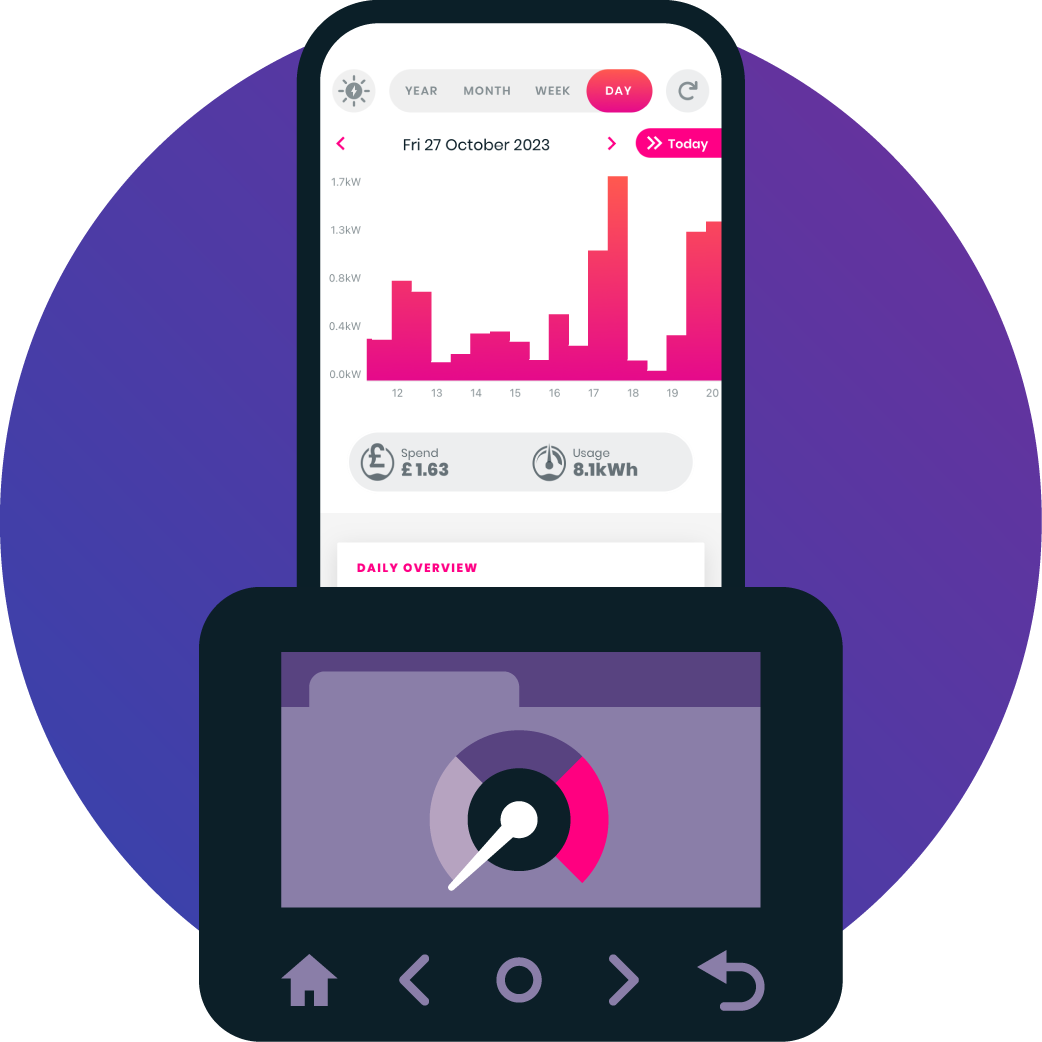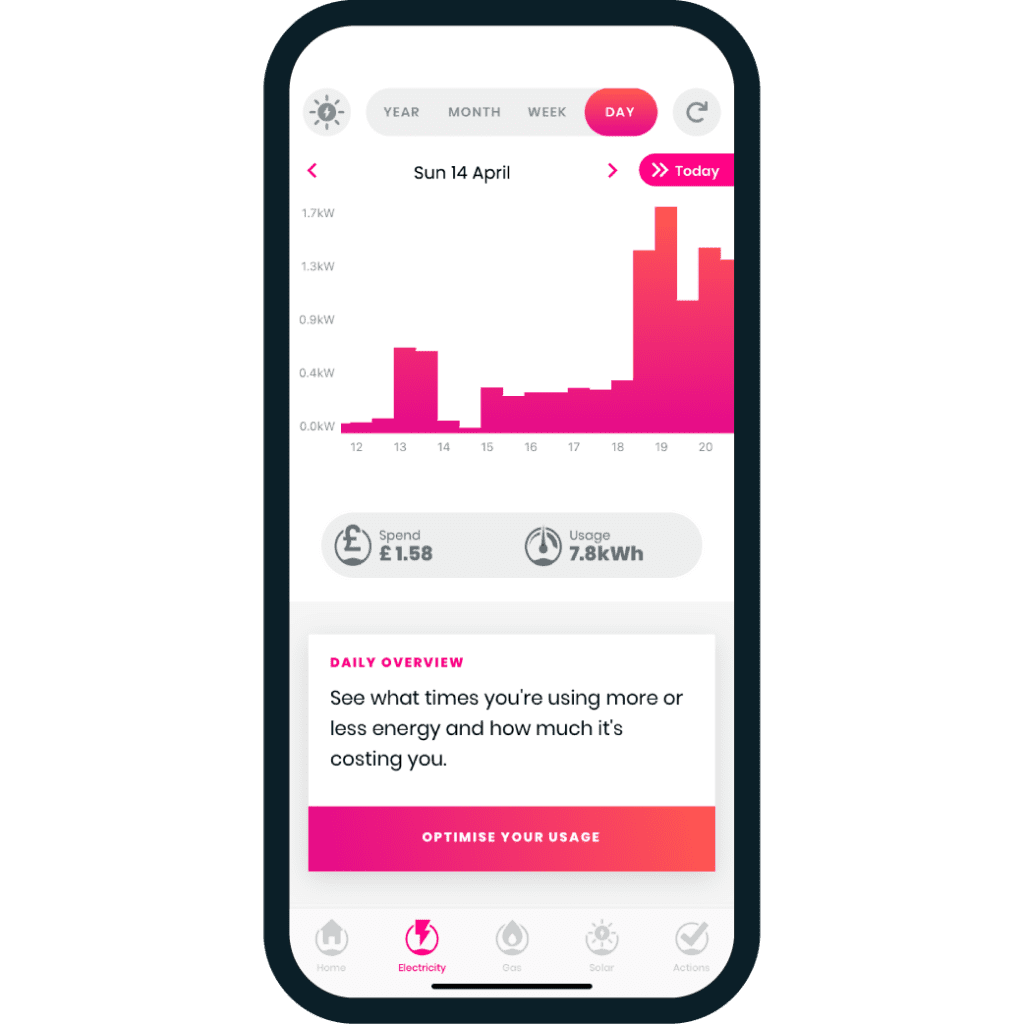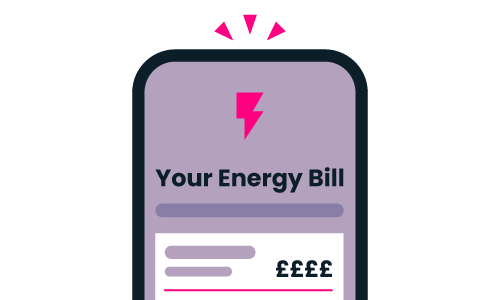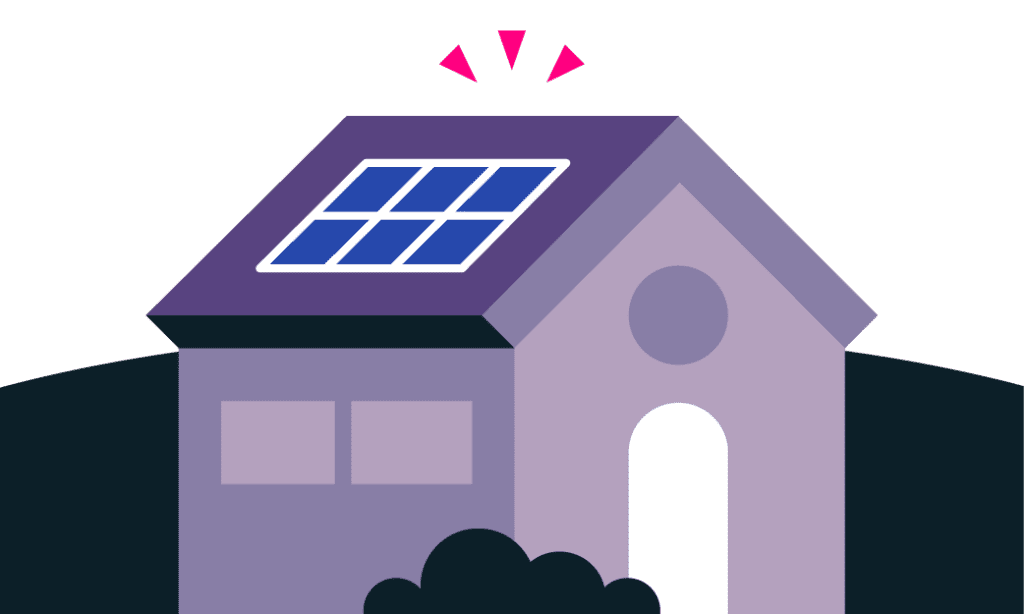Save Money on Your Energy Bills
If you’re looking to save money on your energy bills, the first step is to understand how your home is using energy. Here are 6 ways Loop can help cut your bills.
Home ▸ Features & Benefits ▸ Save Money
Contents:
-
Track Your Energy UsageTrack Your Energy Usage
-
Say Goodbye to Bill ShockSay Goodbye to Bill Shock
-
Unlock Your Energy DataUnlock Your Energy Data
-
Manage Your Energy CostsManage Your Energy Costs
-
Reduce Your Phantom LoadReduce Your Phantom Load
-
Detect Faulty AppliancesDetect Faulty Appliances
1. Track Your Energy Usage
Have you ever wondered how much energy is being consumed in your home at this very moment? From running appliances like washing machines to the subtle hum of devices in the background, energy usage can often go unnoticed.
With Loop you have the ability to precisely track your energy use. This insight empowers you to take control of your bills, identify areas for reduction, and steer clear of costly surprises.
2. Say Goodbye to Bill Shock
Similar to managing finances, the cost of energy is often overlooked until you’re confronted with a significant bill. To start the journey towards lower costs, the first step is to understand your household’s current consumption.
An energy-saving app like Loop is an invaluable tool, allowing you to understand your energy habits and make informed decisions about which changes to make. On average, Loop users reduce their energy use by 15%. That’s a saving of around £250.


3. Unlock Your Energy Data
While smart meters are becoming commonplace, their primary function is to eliminate manual meter readings. They might not offer a comprehensive solution for those trying to reduce the cost of their energy bills.
Tools like Loop quickly and easily integrate with your smart meter to provide enhanced functionality and personalised insights into your energy use. Loop not only monitors your consumption, it guides you to make informed decisions about using less.
4. Manage Your Energy Costs
Budgeting is crucial to stay in control of your costs. In the free Loop app it’s easy to monitor your energy consumption across hours, days, weeks, months, and even years.
Loop analyses this data, to give you a clear understanding of your regular energy use and associated costs. Knowing this means you’re better equipped to set realistic energy budgets and stay on target.


5. Reduce Your Phantom Load
Loop helps to reduce your costs by introducing you to your ‘Phantom Load‘—the wasted electricity in your home. Cutting this can significantly impact your energy costs. Wasted energy makes up 30% of your bill.
With Loop, you can identify the devices that don’t need to be constantly on or in standby mode and learn how to manage them more efficiently.
6. Detect Faulty Appliances
When you know what ‘normal’ usage looks like for your home, you can pinpoint any faulty or older, inefficient devices adding to your bills.
From over-sensitive security lights which could cost you up to £44 each year, to faulty set-top box recorders which could add £132 to your bill annually, Loop helps you prevent unnecessary expenses.

What Else Can Loop Do?

How Much Are Your Applinaces Costing to Run?
Loop goes beyond basic energy monitoring. We help you delve deeper into your household’s energy data so you can understand the running costs of your appliances.
With this knowledge, you can make informed decisions about how to use your things more efficiently. It’s crucial if you want to save money on your energy bill.
Reviews
Loop has helped thousands of users save money on their energy bills.
Related Guides

Running Applinaces on Eco-Mode
Are your appliances switched to eco-mode? If not, you’re paying over the odds every time you use them. Speaking to Loop users in a large-scale survey revealed that 15% aren’t aware, or aren’t using eco-mode. but, it’s an easy way to reduce your energy bills and your carbon footprint.

Compare Energy Use: Are You a Big Spender?
You may know how much energy your household uses each year, and at what cost. But have you any idea how that compares to other, similar homes? Seeing how it compares could cut your consumption by 3%.

Understanding Phantom Load: How to Save on Wasted Energy
Are your energy bills higher than expected even though you’re diligently turning off appliances and lights? The answer could lie in the hidden culprit known as “Phantom Load”. This wasted energy makes up around 30% of the average energy bill.








